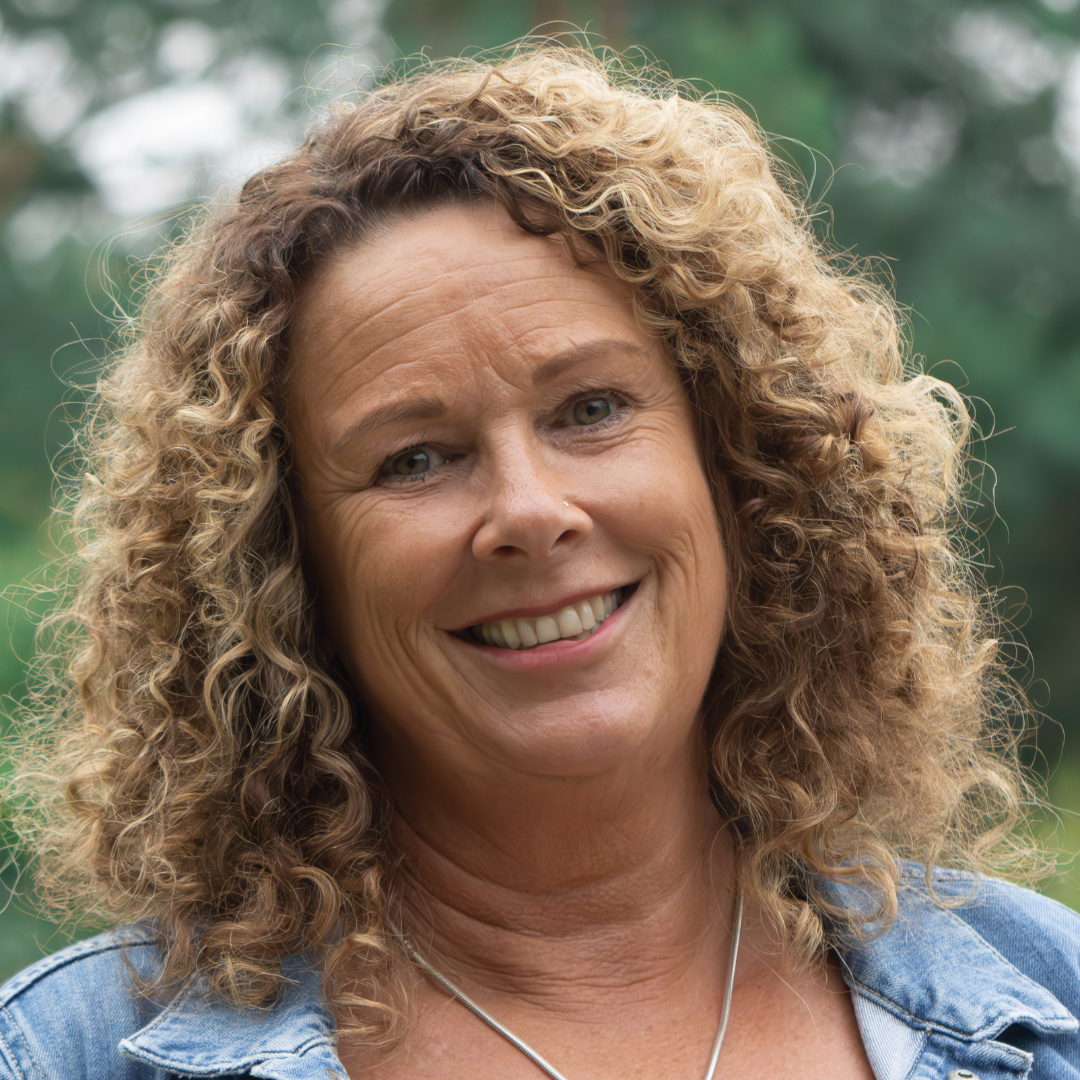Real. Inclusive. Human.
Are you working in or with an organisation where most of the language people use isn’t what you would use in the kitchen with your family, or in the café or pub with your mates?
Do you feel, like we do, that this is not ok?
We think too much of the language people use in and about social care reveals and shapes attitudes and ways of working that prevent people from living gloriously ordinary lives. We believe that the language of social care should be ordinary. Everyday words about everyday life. And we think our language should be glorious. Wonderful words about flourishing lives.
Curious about our graphic ‘Would you use this language around your kitchen table? Words that make us go Hmmm…’? Watch the video to find out more.
Facilitators
Tricia Nicoll
Tricia has worked in the world of health and social care for 30 years and is passionate about helping services and support work in ways that really do help people to get Gloriously Ordinary Lives. She is Mum to two amazing grown-up children who happen to be autistic.
Bryony Shannon
Bryony has worked in adult social care information, communications and practice development in local government for 20 years and is the author of the popular Rewriting Social Care, blog and the Rewriting Social Care book.
How many measurable outcomes have you achieved today?
Written and Produced by Oxfordshire Family Support Network in Partnership with Gloriously Ordinary Language.
Two young women plan a night out - but is this how you would do it?
Written and Produced by Oxfordshire Family Support Network used in their used in Working with Families training.





